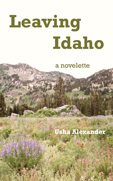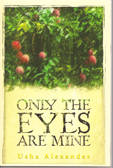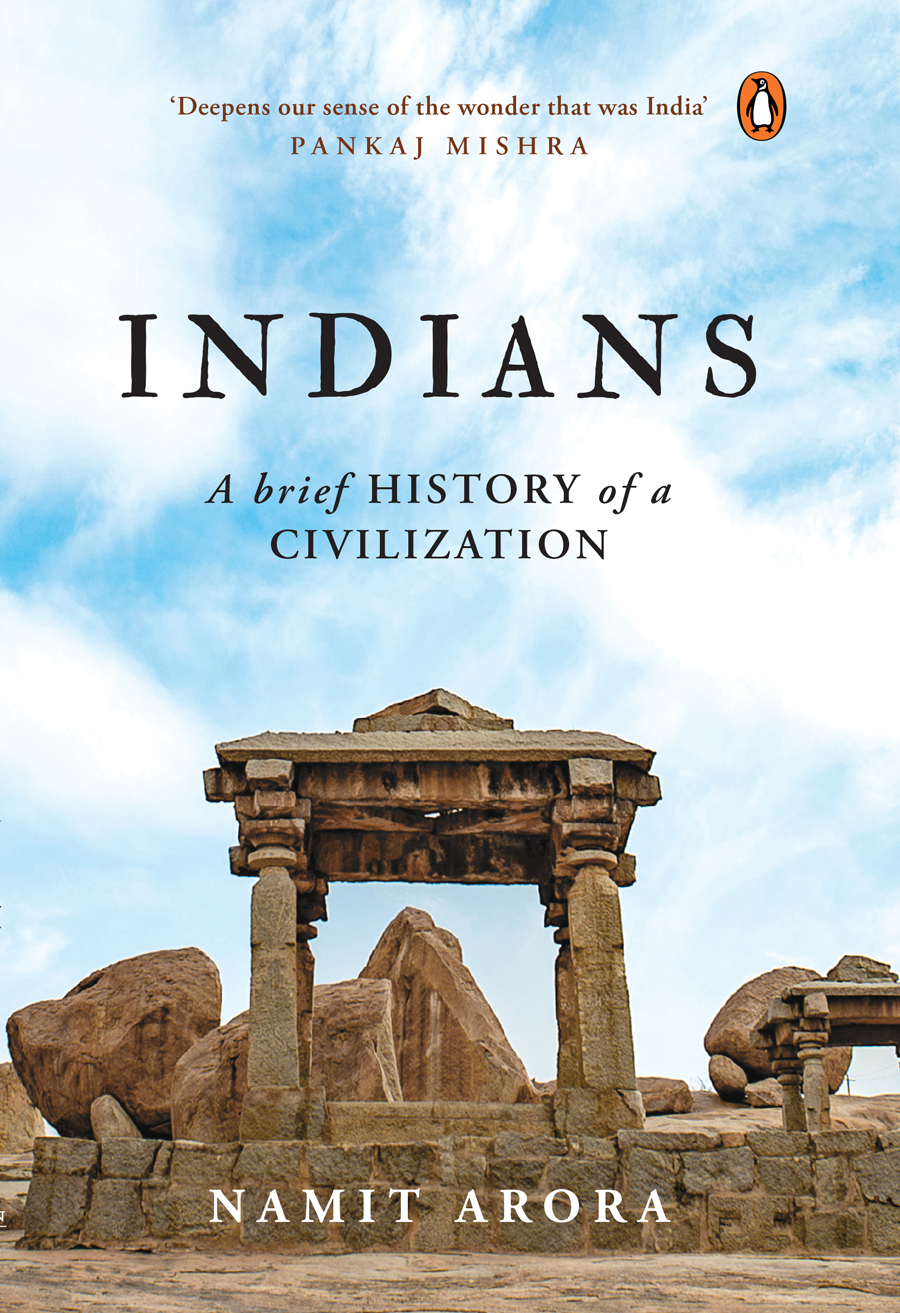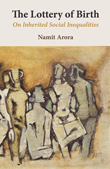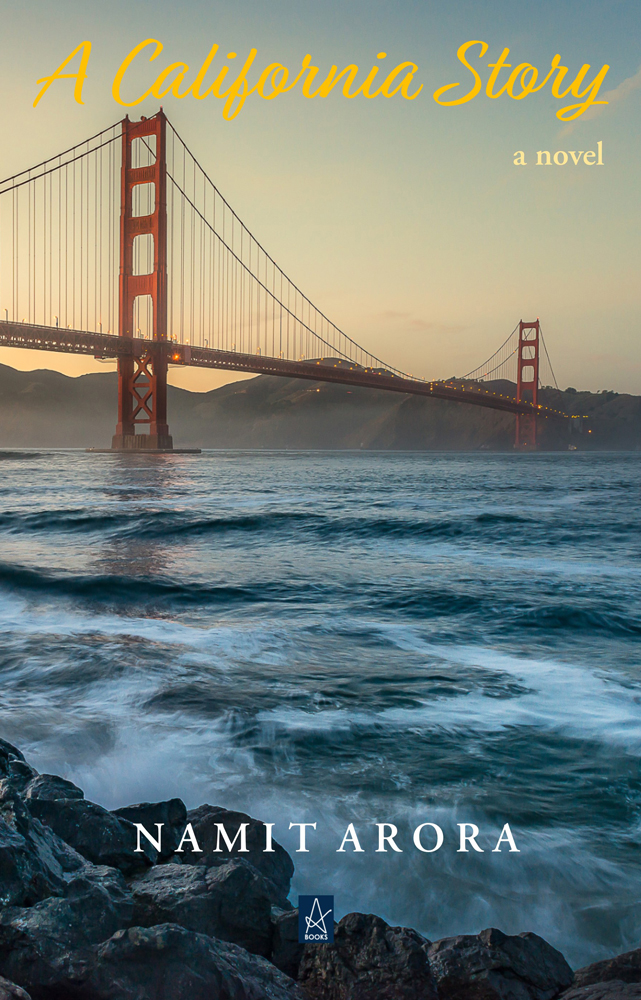Zambia
(From a journey to Mozambique, Malawi, and Zambia, Sep/Oct 2015.)
We entered Zambia by bus from Malawi and first saw the amazing South Luangwa National Park. From there we took a bus to Lusaka, the urbane metropolis of the bipedal Zambians. We had the nicest bus yet on our African trip, with video screens that however played gospel musical videos—evidently inspired by American Evangelical musical videos—for the full nine hours of the journey! This would've been a lot less bearable without the famed musical talents of Africans, at once rich and resonant (perfect weather, short naps, and the beautiful landscape helped too). Nearly everyone in Zambia is now Christian. Local preachers sometimes board long-distance buses from one stop to the next and sermonize; passengers even sing along. The president of Zambia recently held a national prayer day to beseech the Lord to arrest the decline of the Zambian currency in international markets. It astonished me yet again: Here too an entire population so quickly and so totally embraced a religious tradition so alien to their own. Old layers of magical thinking made room for new layers, such as the strange story of a son of a male God coming to earth and dying for other people's sins. Christianization in Zambia has also meant that, over a few generations, society has become more patrilineal from its mostly matrilineal roots, aspects of which nevertheless survive. A Zambian man we met couldn’t comprehend the Indian practice of dowry, the polar opposite of their own custom of men paying bride price.
Traveling westward in Zambia, I noticed rising prosperity, greater urbanization, and evidence of Zambian per capita income being 4X that of Malawi and Mozambique. Zambia's linguistic/ethnic landscape is fragmented across 72 languages (!), most mutually incomprehensible. In Lusaka, which hosts Zambians from all regions, English is commonly heard. English, as in India, is the first language of a minuscule number but the medium of instruction in all Zambian schools is now English, alongside courses in one or more of the 72 regional languages. Most people speak several languages. Modernity and Christianity have loosened old bonds of tribe and ethnicity, making intermarriages frequent in Zambia. A severe shortfall in rains last year was causing power outages—nearly all of Zambia's power is hydroelectric—but the outages were well-managed, and the outage schedule for each locality was announced ahead of time. How I wished India would learn from this. [—Namit Arora, October 2015]
Glimpses of Zambia: A video documentary (18 minutes).
Designed in collaboration with Vitalect, Inc. All rights reserved. |



